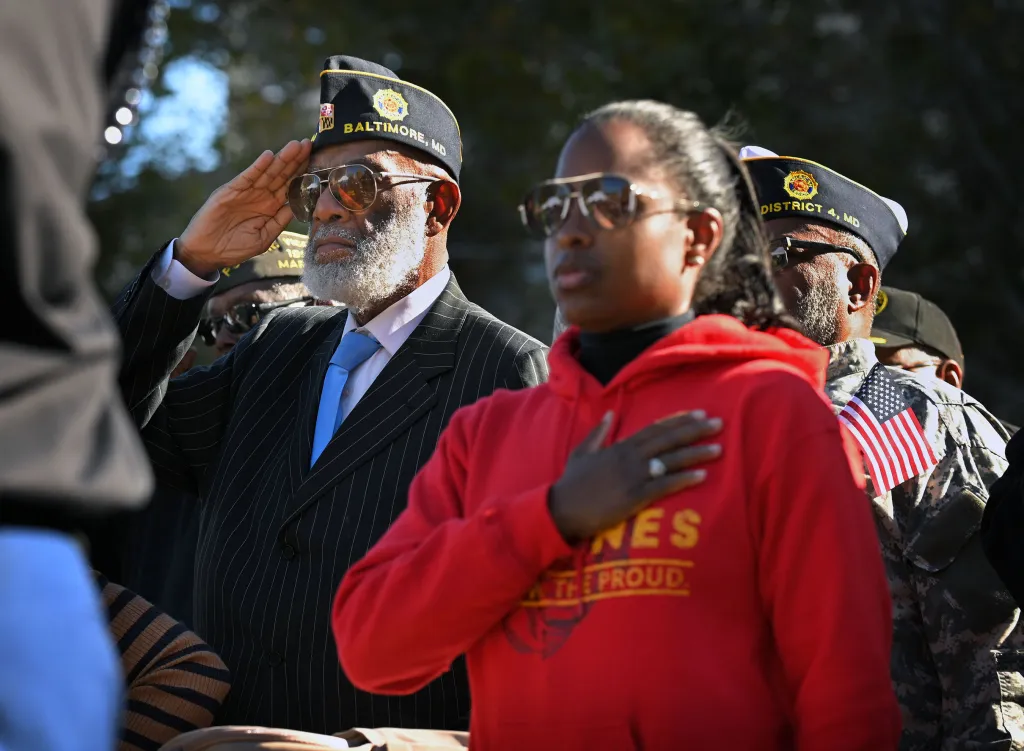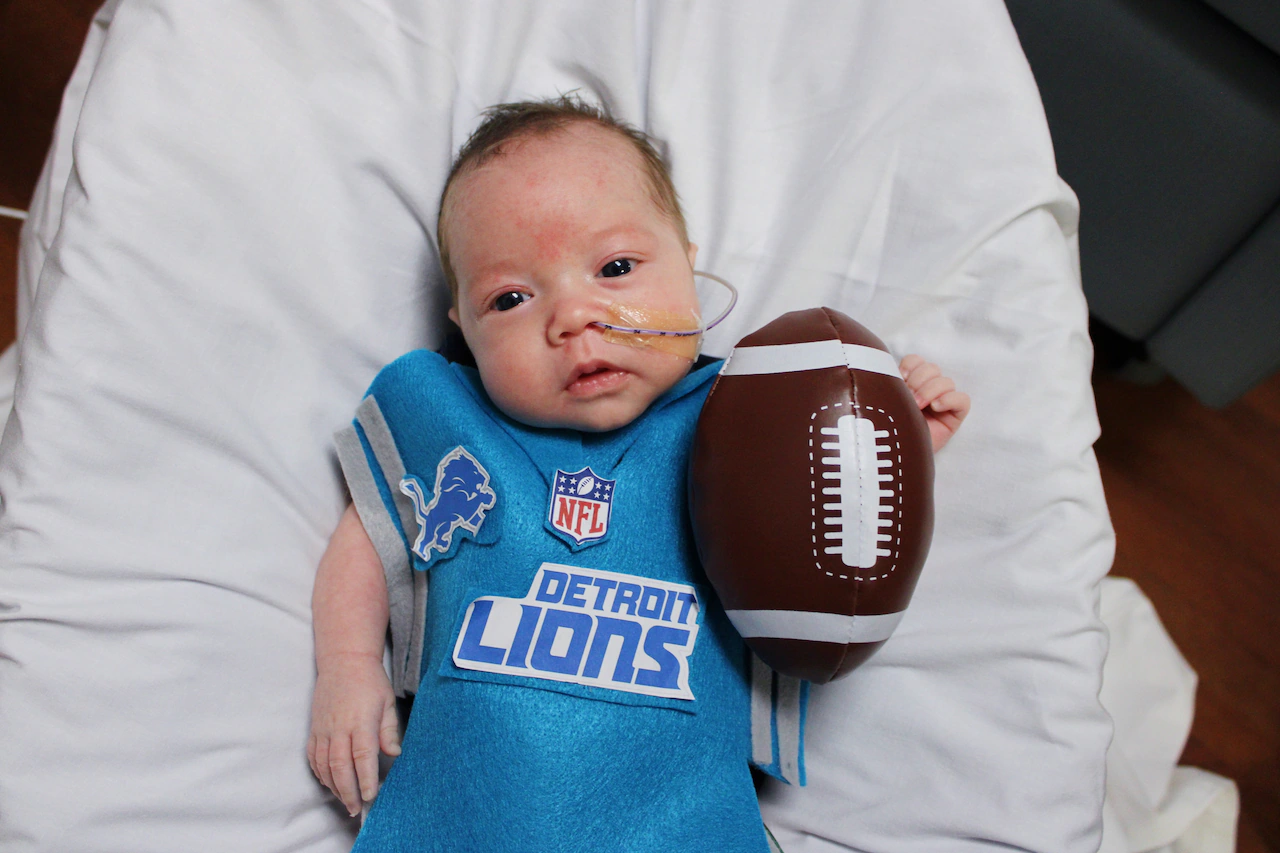Copyright Baltimore Sun

On Veterans Day, we honor those who served — and too often forget the invisible wounds they carry home. Nearly 30% of Iraq and Afghanistan veterans experience post-traumatic stress disorder (PTSD), according to Mission Roll Call. Yet when they enter our courtrooms seeking accommodations under the Americans with Disabilities Act (ADA), many face a new kind of battle: judges who deny the very rights they fought to protect. When Congress passed the ADA in 1990, it promised equal access to public life, including the courtroom. Thirty-five years later, that promise is breaking down — especially in Maryland, where judges still decide who is and isn’t “disabled,” often without medical evidence. When judges play doctor The ADA is clear: Determining disability is a medical question, not a judicial one. Whether someone has ADD, PTSD or a brain injury must be established by qualified professionals — not a judge’s intuition. This is personal to me and to millions of others, especially veterans. In my own custody case, a judge wrote that I was “struggling with serious issues” without any clinical evaluation. Those words, based on bias rather than medicine, restricted my access to my own child. Across Maryland, nearly 70% of accommodation requests in family court are decided informally by judges without medical input. Nationally, more than 30 million Americans live with invisible disabilities, yet over half of courtroom accommodation requests involving cognitive or psychological conditions are denied outright. Because these disabilities don’t “look” disabling, they’re dismissed as exaggerations. The human cost These misjudgments have devastating consequences. Veterans with PTSD lose custody because their coping mechanisms are misunderstood. People with ADD are branded “uncooperative” for needing breaks during testimony. In my case, the court granted a protective order even though no medical diagnosis was ever cited, and the judge cut off questioning before ruling. My confirmed conditions became a weapon I wasn’t allowed to defend against. In Maryland, more than 60% of ADA-related court complaints are closed without a written decision. Nationally, fewer than 15% lead to corrective action. Without records, there’s nothing to appeal — a bureaucratic dead end that denies due process. The “coordinator” illusion Every Maryland county is supposed to have an ADA coordinator. In reality, these coordinators have no real power: All requests still funnel back to the judge. The result is a paper trail of compliance masking systemic neglect. When I appealed my denied motion, the state office sent me back to the county, which admitted it couldn’t overrule a judge. Legal Aid and Disability Rights Maryland declined help because invisible disabilities weren’t their focus. I was trapped in a loop that thousands of Marylanders — veterans among them — know too well. A system built to exclude This isn’t about one judge or one case. It’s about a system structurally unequipped to uphold the ADA. More than 40% of Maryland adults with disabilities — and nearly two-thirds nationwide — live with cognitive or mental-health conditions, yet most never receive meaningful courtroom accommodations. The law protects them on paper but abandons them in practice. What must change The fixes are straightforward, but require political will and our collective civic calling: Empower ADA coordinators with independent authority; require written responses to all ADA motions to preserve appeal rights; create external oversight for judicial noncompliance; train judges to recognize and accommodate invisible disabilities. And today is an especially pertinent reminder that we cannot keep our promises to honor our veterans hollow. (Any veteran dealing with injustice in the courts is encouraged to consider reaching out to my complimentary Military Family Justice Project.) A promise worth keeping On this Veterans Day — and every day — we must remember that service members bring home more than medals. They bring home silent scars our courts must acknowledge. The ADA promised equal justice, yet too often people like me — and countless veterans — are judged on assumptions, not evidence. If a judge can decide someone isn’t “disabled enough” for protection, then no one’s rights are secure. Honoring veterans means ensuring our justice system is accessible, fair and informed — because equality under the law is a promise worth keeping. Michael Phillips is a Maryland resident and disability-rights advocate who has spent years navigating the state court system while living with ADD and PTSD.



